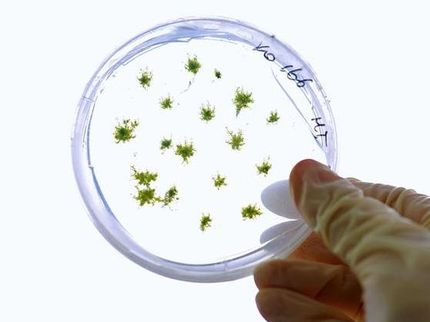More farmers worldwide chose biotechnology in 2005 says report
Advertisement
The number of hectares planted with biotech crops worldwide increased by 9.0 million hectares (22 million acres) in 2005. This is according to new figures published by ISAAA (The International Service for the Acquisition of Agri-biotech Applications. "More farmers are choosing to plant GM crops than ever before. This is testament to the real advantages and benefits farmers worldwide are getting out of biotech crops," says Simon Barber, Director of the Plant biotechnology Unit at EuropaBio. "It is very encouraging to see that among the growing number of countries adopting biotech crops, a number of them are now European - farmers in 5 EU member states planted GM crops in 2005." The advantages and benefits accruing to farmers using the technology are considerable. A recent study produced by PG Economics showed that farmers using the technology increased their income by US$27 billion during the period 1996 to 2004 with significant, additional environmental benefits delivered; the accumulative economic benefits during the nine years to developing countries ($15 billion), exceeded benefits to industrial countries ($12 billion). The benefits that can be achieved through biotechnology applied to agriculture have also prompted more than 3,400 international scientists to sign the AgBioWorld declaration of support for agricultural biotechnology to improve agriculture in the developing world. Signatories include 25 Nobel Prize winners. In Europe, the European Council of March 2003 asked the Commission to support a European Technology Platform for "Plants for the Future" - a stakeholder forum on plant genomics and biotechnology. The platform has published a 20 year vision and a Strategic Research Agenda to set the scene for European agricultural development for the next two decades. The project is supported by the European Commission and the major public and private stakeholders, and is coordinated by EPSO and EuropaBio.




















































